Latest Posts by china-2003 - Page 2

Crescent Lake, Dunhuang, Gansu China
©️ Feng Wei

Chongqing, China 2023







汉服热(穿着应该也很热吧)。
Hanfu (traditional Chinese clothing), Hanfu everywhere.

突 = to dash or move forward quickly; abruptly; suddenly; unexpectedly, protrude
It's all about things moving forward and unexpectedly with this one!
Random words that come to mind include unexpectedly or out of the blue 突然 (tūrán), as well as conflict 冲突 (chōngtū) or 突出 (tūchū), something that is prominent or that sticks out.
突发 (tū fā) is interesting as well — it means to break out or appear unexpectedly... like 疾病突发 (jí bìng tū fā), the outbreak of an illness.
It's also a cute onomatopeia for things that have a tapping sound or that chug along, like when your heart goes pit-a-pat (你的心突突地跳, nǐde xīn tūtū de tiào).

Seven
Nanping Rd. Chongqing, China 2023

Weizhou Church, 2000 Weizhou Island, Guangxi, China. 中国 広西 北海市 涠洲岛 涠洲天主教堂 Photography by Michitaka Kurata
Online Mandarin Tests!♡
hello sweeties, what’s up? i found a site with chinese tests to improve your study. check the list:
Pinyin: 1 | 2 | 3 | 4 | 5 | 6 | 7
Numbers: 1 | 2 | 3 | 4
Animals: 1 | 2 | 3
Body: 1 | 2
Family: 1 | 2 | 3 | 4
On and Under: 1 | 2
Colours: 1 | 2
Clothes: 1 | 2 | 3
if you want more, just search here ! hope it can be useful for your study and any questions you have don’t hesitate to talk with me. 加油!♡

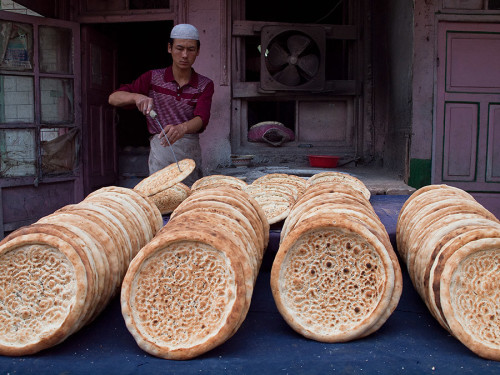
Uyghur bread, Xinjiang China.
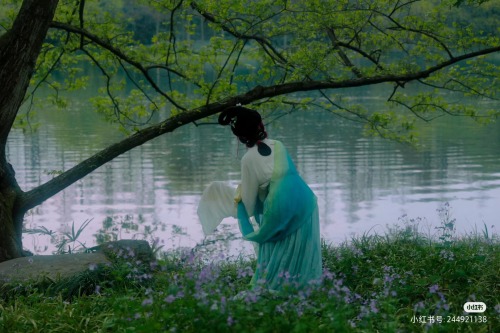

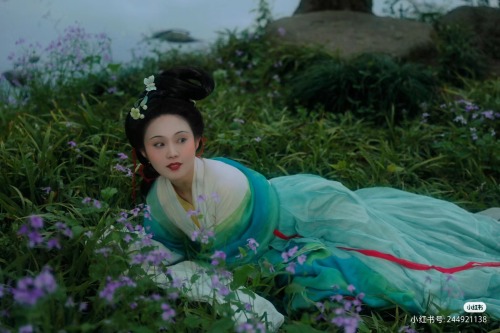


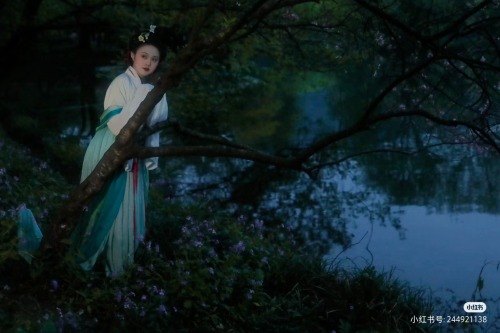
春逝。仕女图。
cr: xhs user 244921138



汉服硬核版。
A pretty hardcore Hanfu store.

Boats Moored in Wind and Rain, unknown artist (formerly attributed to Yan Ciyu), 1200s (Jin or Yuan Dynasty)

Gold hair pin embed with gems, uncovered from the tomb of Lady Wang in Xunxian county, China, Ming Dynasty, dated 1493.
from The Henan Museum
appliance used by chinese students to do homework now are like this
mascot picks on mascot
when your roommate is a really handsome woman by 于钦然
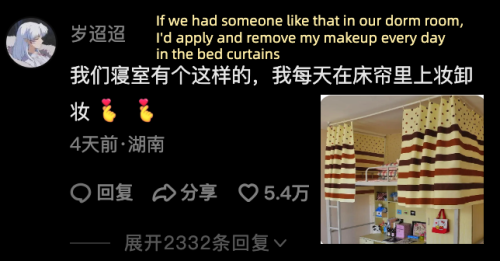





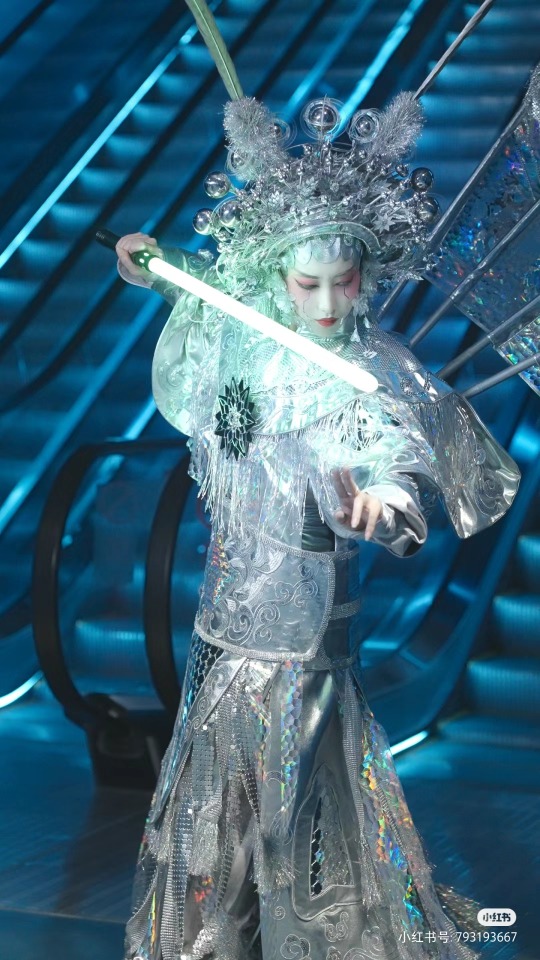

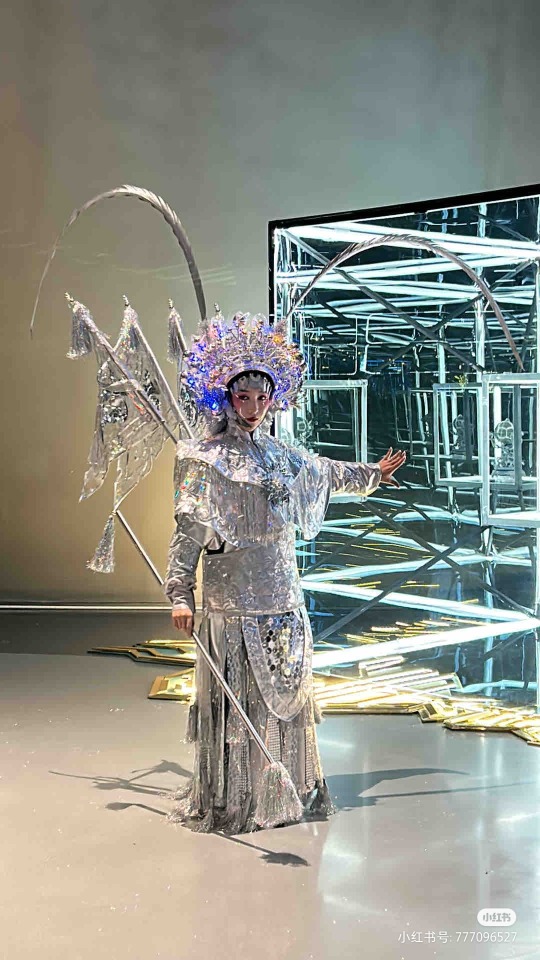

cyberpunk daomadan刀马旦 of chuanju川剧 (sichuan opera) at World Science Fiction Convention 2023 by 雁鸿Aimee
[Hanfu · 漢服]Chinese Song Dynasty (960–1279 AD)Traditional Clothing Hanfu Reference to Song Dynasty Sculpture
![[Hanfu · 漢服]Chinese Song Dynasty (960–1279 AD)Traditional Clothing Hanfu Reference To Song Dynasty](https://64.media.tumblr.com/abcf8c4eb3cc070739d51a39ba41ea07/378d105590bee6cc-b2/s500x750/e0e08fd8f269dbf60b6be5d091a98d80c079d124.jpg)
![[Hanfu · 漢服]Chinese Song Dynasty (960–1279 AD)Traditional Clothing Hanfu Reference To Song Dynasty](https://64.media.tumblr.com/01e818caea031983f191e6fb03baaaa9/378d105590bee6cc-14/s500x750/3ea299e550c24fb2d12765c7faec7944c2b35b07.jpg)
![[Hanfu · 漢服]Chinese Song Dynasty (960–1279 AD)Traditional Clothing Hanfu Reference To Song Dynasty](https://64.media.tumblr.com/c97f084b77d15636b714b43238493dcc/378d105590bee6cc-a9/s500x750/a12af789f9de05bd102d174db131e9b5023b2fe2.jpg)
![[Hanfu · 漢服]Chinese Song Dynasty (960–1279 AD)Traditional Clothing Hanfu Reference To Song Dynasty](https://64.media.tumblr.com/30e31379299840c89ac1077028e44c29/378d105590bee6cc-81/s500x750/a8a89bee31a0d35c7e0dc86be9caae8017d527c4.jpg)
![[Hanfu · 漢服]Chinese Song Dynasty (960–1279 AD)Traditional Clothing Hanfu Reference To Song Dynasty](https://64.media.tumblr.com/b30ff67ee73445820f63d9a45358e390/378d105590bee6cc-5c/s500x750/128584748f4daf46b240bbb777bd9e81113c4af1.jpg)
![[Hanfu · 漢服]Chinese Song Dynasty (960–1279 AD)Traditional Clothing Hanfu Reference To Song Dynasty](https://64.media.tumblr.com/7119dfaf2e0c35d03e8d5010bd3c293d/378d105590bee6cc-e6/s500x750/6c289771a8b541ca25673b6e326efc9220772fe7.jpg)
【Historical Reference Artifacts】:
China Song Dynasty Painted Sculpture from【Jin Temple】晋祠宋代彩塑
![[Hanfu · 漢服]Chinese Song Dynasty (960–1279 AD)Traditional Clothing Hanfu Reference To Song Dynasty](https://64.media.tumblr.com/cad1a1d40d754ed40b20ef34881ccee5/378d105590bee6cc-1a/s500x750/9d6434be83412898fd1f38f895af181c8c041b2b.jpg)
▶️【About Hairstyle“包髻/Bao Ji”】: It is one of the hairstyles of ancient Han women.
包髻/Bao Ji is a hairstyles that use rectangular headscarf to cover the hair. When worn, it is folded diagonally, wrapped from the front to the back, and then wrapped around the corner of the scarf to the front of the forehead to tie a knot.
As early as the Tang Dynasty(618-907 AD), there was a prototype of this hairstyle, and it became popular in the Song Dynasty.
Women in the Ming Dynasty(1368-1644 AD) liked to use black gauze to make this hairstyle and this kind of hairstyle survived until the last dynasty of China: the Qing Dynasty.
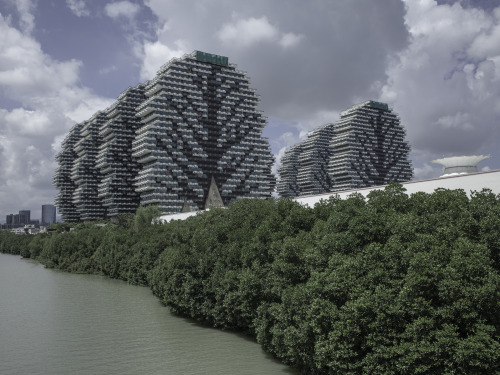





Sanya, China © Damien Gosset

